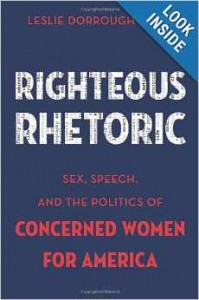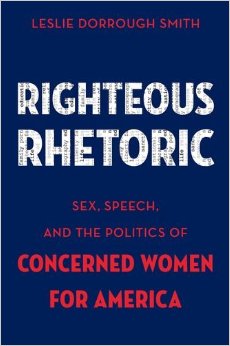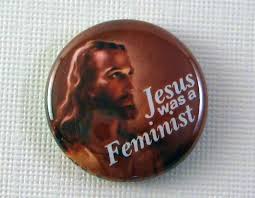 Photo credit: stoptalk.wordpress.com
Photo credit: stoptalk.wordpress.com
“Who Are You?” is an ongoing series that asks members of Culture on the Edge to reflect on one of their own many identities (whether national, gendered, racial, familial, etc.), theorizing at the same time the self-identification that they each chose to discuss.
I received a touching note from one of my graduating seniors this past week, who said, among other things, that I taught her that she didn’t have to fear calling herself a feminist. Every time I have a student tell me this, I consider the irony of my own response when, as an undergraduate, one of my Religious Studies professors handed me a photocopied article entitled something like “Jesus Was a Feminist.” I don’t really remember the details of what the author said, except for the basic thesis (now considered quite tame) that the Bible depicts Jesus as a person who cared about gender equity in a society that didn’t. I freely admit that, at the time, I had no academic exposure to gender theory, and even though I was acutely aware of sexism, I had never heard the term “feminist” used in a positive light. In short, I remember being appalled at the article. Continue reading “Who Are You? I’m a Feminist”
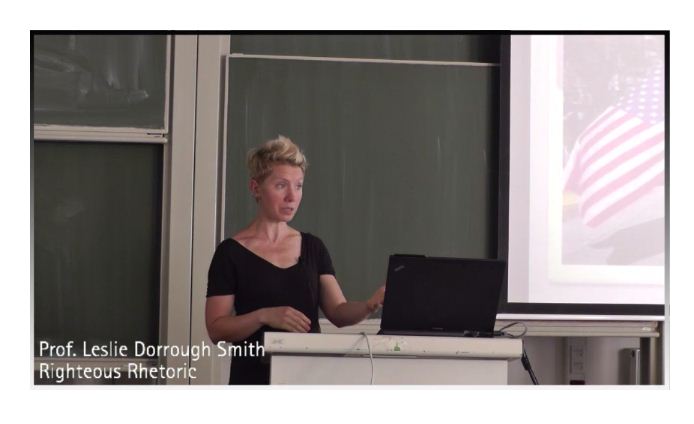 Did you know that the Edge’s own Leslie Dorrough Smith is currently at Leibniz University in Hannover, Germany, giving a talk on her new book Righteous Rhetoric: Sex, Speech, and the Politics of Concerned Women for America.
Did you know that the Edge’s own Leslie Dorrough Smith is currently at Leibniz University in Hannover, Germany, giving a talk on her new book Righteous Rhetoric: Sex, Speech, and the Politics of Concerned Women for America.
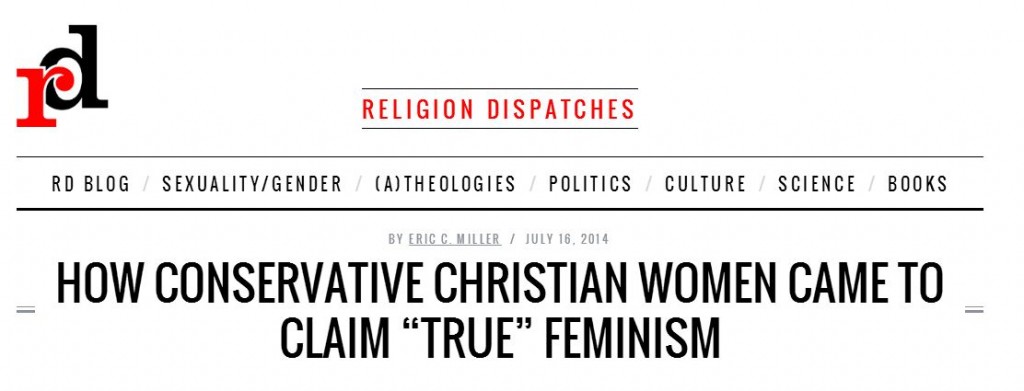 Religion Dispatches recently interviewed our own
Religion Dispatches recently interviewed our own  Photo credit: stoptalk.wordpress.com
Photo credit: stoptalk.wordpress.com